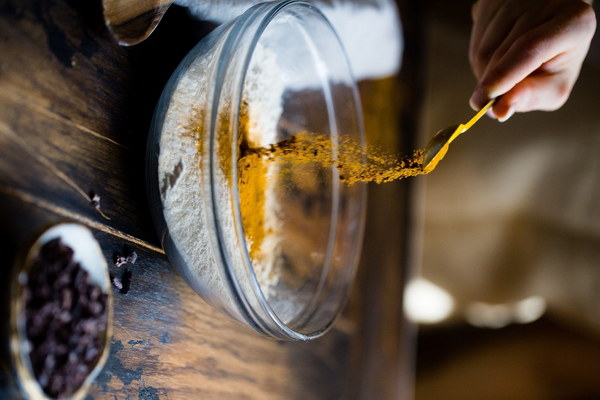Melatonin The Sleep Hormone's Surprising Anti-Aging Power
Melatonin, often known as the sleep hormone, has been a staple in the realm of sleep aid supplements for years. However, recent research is revealing that this hormone might have more to offer than just helping us drift off to sleep. It appears that melatonin may also hold the key to anti-aging, offering a natural way to slow down the aging process and promote healthier, more youthful skin. Let's delve into how this tiny molecule could be a game-changer in the fight against aging.
The Science of Melatonin: More Than Just a Sleep Aid
Melatonin is a hormone produced by the pineal gland, a small, pea-sized gland located in the brain. Its primary function is to regulate the sleep-wake cycle, but recent studies have shown that it also has a plethora of other benefits, including antioxidant properties and anti-inflammatory effects. These properties make melatonin a potential anti-aging powerhouse.
Antioxidant Properties: Protecting Against Oxidative Stress
One of the key reasons melatonin is believed to have anti-aging properties is its potent antioxidant activity. Free radicals, unstable molecules that are produced naturally in the body as a result of various processes, can cause oxidative stress, which is linked to aging and the development of many chronic diseases. Melatonin's ability to neutralize free radicals can help protect the body's cells from damage, potentially slowing down the aging process.

Anti-Inflammatory Effects: Calming the Body’s Stress Response
Inflammation is another key player in the aging process. Chronic inflammation can lead to the breakdown of tissues and the development of diseases such as heart disease, diabetes, and Alzheimer's. Melatonin has been shown to have anti-inflammatory effects, which could help reduce the risk of these age-related diseases.
Skin Health: Melatonin’s Impact on the Largest Organ
The skin is the body's largest organ and is often the first to show signs of aging. Melatonin's antioxidant and anti-inflammatory properties make it a potential ally in maintaining healthy, youthful-looking skin. Studies have shown that melatonin can help protect the skin from UV damage, which is one of the main causes of premature aging. It can also help improve skin elasticity and reduce the appearance of wrinkles.
The Role of Sleep in Melatonin’s Anti-Aging Effects
It's important to note that melatonin's anti-aging effects are closely linked to the quality of our sleep. Poor sleep can disrupt melatonin production, which can lead to increased inflammation, oxidative stress, and accelerated aging. Ensuring you get enough quality sleep is essential for maximizing the potential anti-aging benefits of melatonin.
Conclusion: Embracing Melatonin’s Anti-Aging Potential
While more research is needed to fully understand the extent of melatonin's anti-aging benefits, the current evidence is promising. By harnessing the power of melatonin, we may be able to slow down the aging process and maintain youthful vitality. Incorporating melatonin into a healthy lifestyle that includes adequate sleep, a balanced diet, and regular exercise could be a game-changer in the fight against aging.
As we continue to learn more about melatonin's diverse benefits, it's clear that this tiny hormone is more than just a sleep aid. Its potential as an anti-aging agent is exciting and offers hope for those looking to maintain a youthful appearance and overall health as they age.









